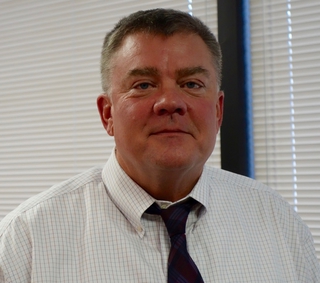Defending the Poor
Program 252 • 29 mins
CDs available via special order. HumanMedia ®
Listen to excerpt:
Program 252 • 29 mins
CDs available via special order. HumanMedia ®
Listen to excerpt:
Our system of public defenders—who provide legal representation to indigent clients—is widely regarded as malnourished due to inadequate funding. The right to an attorney if you can’t afford one was established in 1963 by the U.S. Supreme Court. It involved the trial of a Florida man named Clarence Earl Gideon, who stood accused of breaking and entering a pool hall with intent to commit petty larceny. (He was portrayed by Henry Fonda in the 1980 film, Gideon’s Trumpet.) On the fiftieth anniversary of the Gideon decision, Eric Holder, then U.S. Attorney General, pronounced the system to be in a “state of crisis.” In other words, that the right to a fair trial as guaranteed by the Constitution’s Sixth Amendment is, in reality, not always guaranteed. In this program, we hear from two experts on indigent defense: Bill Ward, who manages a staff of 400 attorneys who represent low-income clients; and Ezekiel Edwards, who directs the Criminal Law Reform Project at the American Civil Liberties Union.
 Just because a person’s sitting in court here on trial doesn’t mean that they’re guilty of the case. They’re presumed innocent. [But for some] there is this presumption that they’ve been charged, they’ve done the crime. So there is then this bias or the stereotypical belief that they shouldn’t have any assistance. That, you know, they’re the ones who made their bed. They have to sleep in it. That sort of attitude.”
Just because a person’s sitting in court here on trial doesn’t mean that they’re guilty of the case. They’re presumed innocent. [But for some] there is this presumption that they’ve been charged, they’ve done the crime. So there is then this bias or the stereotypical belief that they shouldn’t have any assistance. That, you know, they’re the ones who made their bed. They have to sleep in it. That sort of attitude.”
—Bill Ward, Minnesota State Public Defender